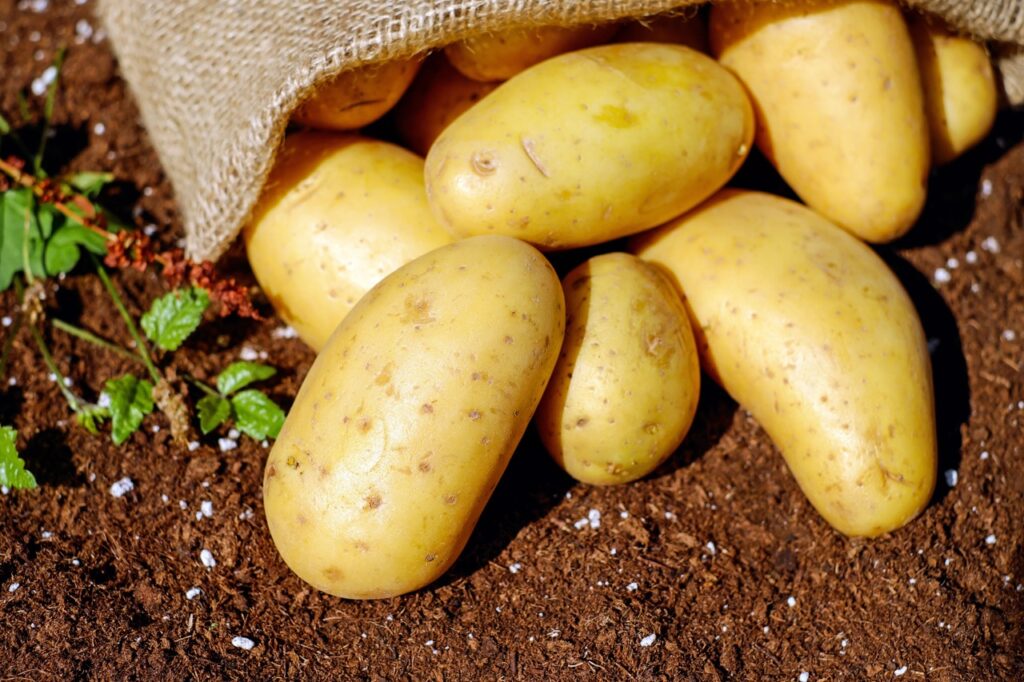Food News & Trends
It Is Possible That Potatoes Will Soon Not Be Seen As a Vegetable
According to the Economic Research Service of the United States Department of Agriculture, the majority of vegetables consumed by Americans are potatoes and tomatoes. The average American consumed over 50 pounds of potatoes and 31 pounds of tomatoes in 2019 — and it’s hardly surprising that French fries and pizza sauce played a large role in our annual totals. However, when the USDA starts tallying our yearly vegetable totals, tomatoes may claim the top place on a technicality. Because there’s a potential the government will redefine potatoes, putting them in the same category as cereals, rice, and other carbohydrates.
According to the Wall Street Journal, the USDA and the Department of Health and Human Services’ Dietary rules Advisory Committee are putting up their dietary rules for 2025, and potatoes may be reshuffled. The dietary recommendations categorize foods into five common groups: dairy, fruit, grains, protein, and vegetables; however, the rising popularity of varied diets and “eating patterns” means that those categories may alter. “The panel wants to make sure everyone is getting enough nutrients, whether eating more potatoes, bread, or beans,” the Wall Street Journal says.
It should be highlighted that both trade groups on opposing sides of the prospective new categorization — the National Potato Council and The Grain Chain — are opposed to potatoes being classed as anything other than a vegetable. During a session of the Dietary Guidelines Advisory Committee, Kam Quarles, CEO of the National Potato Council, effectively requested them to leave potatoes alone.
“While NPC is sensitive to individual needs and cultures, we urge the Committee to recognize [that] a potato is not a grain,” he went on to say. “In the United States, potatoes are the most widely produced vegetable.”Starchy veggies and grains are two very different food categories with very diverse nutritional responsibilities in the diet. White potatoes, unlike grains, are high in potassium, calcium, vitamin C, vitamin B6, and fiber. According to research, diets heavy in vegetables, particularly potatoes, boost general health.”
He acknowledges that Americans should eat more vegetables, particularly non-potato vegetables, but he does not believe that reclassifying potatoes is the solution. “The suggestion to reclassify potatoes as a non-vegetable is not grounded in any scientific metric,” he said. “If implemented, this unsupported notion will confuse consumers, resulting in nutrient gaps and decreased vegetable consumption.” “We urge the Committee to prevent this catastrophic consequence and to continue to recognize potatoes as a vegetable.”
The Grain Chain was as vehement, warning the committee that included potatoes in its group “could further exacerbate nutrient shortfalls.” (Both sides believe that potatoes should remain in place.)
When the US Dietary standards Advisory Committee announces its 2025 standards, we’ll see who wins. Keep eating your vegetables till then. As well as your potatoes.


